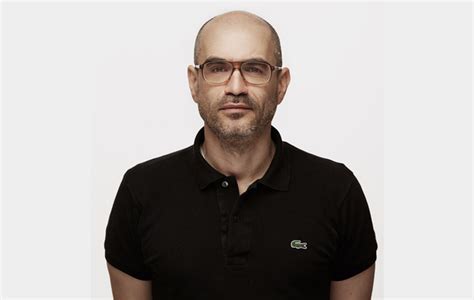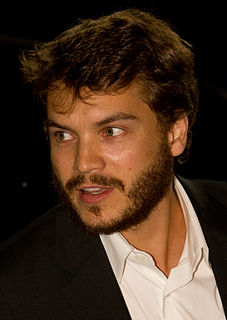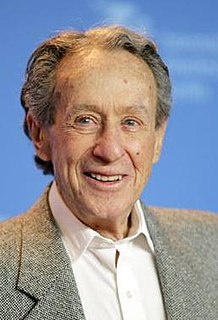A Quote by Werner Herzog
Of course there's a value in a storyboard if you do a big - let's say an action movie and actors have to move and act in front of a green screen because entire backgrounds exploding and cars flying through there have to be created separately, and in this case you better make sure the actors are precisely placed and the background action is moving in a certain moment, for this type of film you would need a storyboard.
Related Quotes
That and when you're doing live action you don't normally get to see the thing before it's in production. In this case we'd go in every couple weeks and look at animatic and sketches. The way they do it - is they'll put it up on a screen and the storyboard artist who worked on that sequence will talk you through it. Kind of like a pitch session. Then they would leave and we would sit there with the directors and say 'Alright - what if we change that? What if we do that?' It's very different from live action.
Indian actors, because of the format of our stories, need to be good actors, and be able to perform emotional sequences, do a bit of comedy, dance and singing, action, because all of this forms just one film. In many ways I'd say there are greater demands on Indian actors than there are on Hollywood.
In Korea is what I do is I watch the playback of each take with all of the actors and spend a lot of time discussing each take. Also, I use the process we call auto-assembly because I storyboard my entire film right at the beginning, even before pre-production ever begins, so my vision is already laid out on the storyboard for everybody to share. It enables the on-set assembly person, as we call them, to cut together each take into a sequence. This enables a director to review the take within the context of the sequence of the scene.
But when there were certain moments or scenes that required a very specific nuance or performance, I myself would act out the scene or the sequence and that would inspire the actors. Of course, I can't really express emotions on camera, but I was very active in showing a certain action or a blocking for an actor. I would also participate in certain stunts myself and because of that, I would get bruises or cuts on my knees and elbows.
I generally go into a movie with a very strong vision, with how I want to make the film, how I want to shoot the film, how I want to edit the movie, what I want the sound to sound like. So I have a very concrete idea even if I don't storyboard it, I know exactly what I want to do once I get into the sequence. Now having said that, I try not to let that slave me to the process. So if I do storyboard a sequence I don't necessarily stick to it if I discover more exciting things on set.
I don't storyboard. I guess it dates back to my days in live television, where there was no possibility of storyboarding and everything was shot right on the spot - on the air, as we say - at the moment we were transmitting. I prefer to be open to what the actors do, how they interact to the given situation.
There are some actors that are great stars and storytellers, but not necessarily good actors. I'm talking about some - not all - of the people you see in action flms or blockbusters. They're film stars, though not necessarily great actors. And there are those who are great actors, but not necessarily big film stars. Jim Sturgess is both. He's quite obviously a star, the audience likes him, he's a great storyteller and he turned out to be one of the greatest actors I've worked with as well.




































